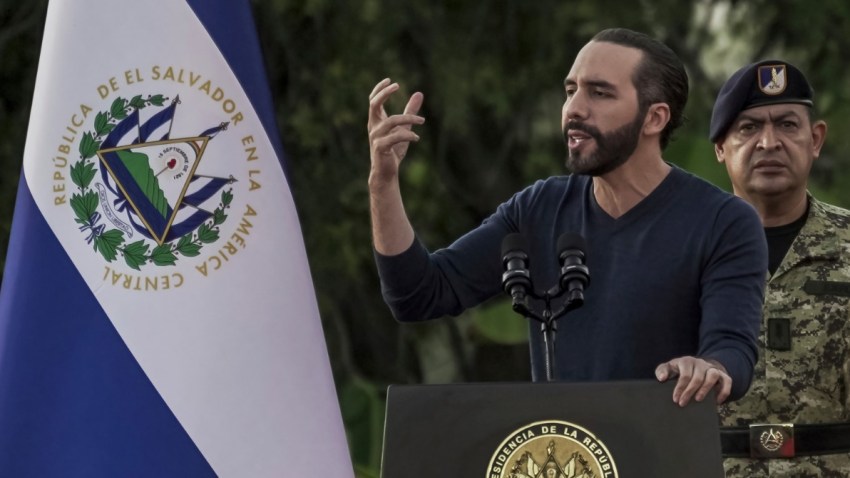El Salvador’s controversial president, Nayib Bukele, has clearly captured Latin America’s attention—and its imagination. Polls around the region show that not only is Bukele’s name-recognition rising, but that his image is quite favorable among the general public.
Some politicians are now trying to cash in on his popularity, offering approaches that play off of Bukele’s war against El Salvador’s gangs, which has included a state of emergency limiting civil liberties, mass arrests and, most recently, the opening of the world’s second-largest prison to hold up to 40,000 prisoners. Other politicians and a large portion of civil society are quite critical, pointing to Bukele’s authoritarian tendencies and corruption, as well as the human rights abuses carried out in his anti-gang campaign, all of which appear to be leading El Salvador down a path that will eventually turn out poorly. From both the positive and negative perspectives, however, no leader in the hemisphere has driven the conversation this way since Hugo Chavez in Venezuela.
Xiomara Castro, the left-wing president of Honduras, has launched a state of emergency in that country that is at least somewhat modeled on the one Bukele has used in Salvador over the past year. Zury Rios, the leading candidate for Guatemala’s presidential election later this year, has promised a Bukele-like crackdown on crime if elected. Politicians in Panama, Colombia, Ecuador, Peru and Chile have also begun praising Bukele and using his name when promoting their own policies. In contrast, this past week, Colombian President Gustavo Petro ended up in a war of words on Twitter with Bukele over their respective security policies.

